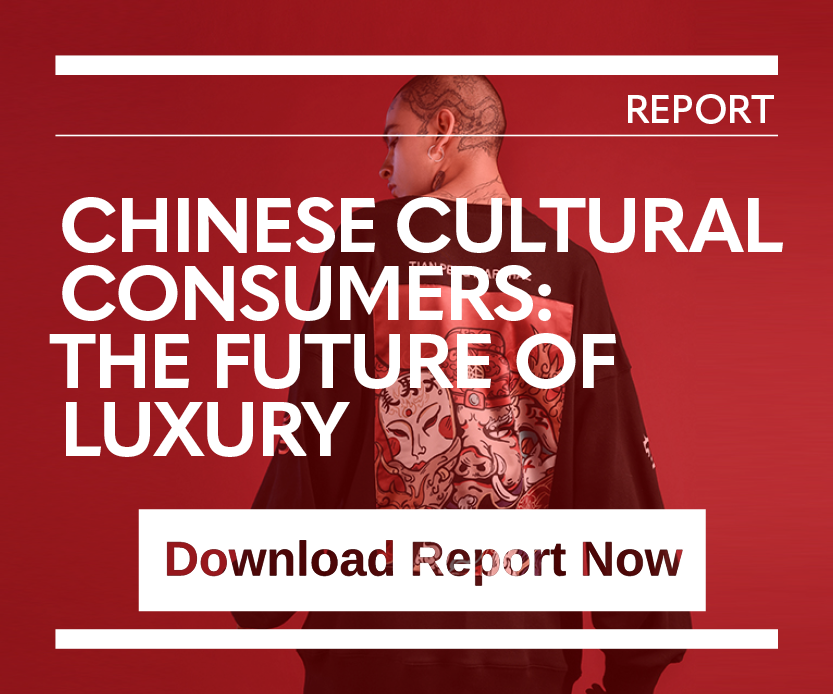Last week, digital solutions platform LGND announced that it will enter into a multiyear partnership with the blockchain network developer Polygon and entertainment giant Warner Music Group to create the Web3 music platform LGND Music.
Scheduled to launch in January 2023, the platform will feature the works of select Warner Music Group artists as digital collectibles called “Virtual Vinyl.” Notably, the platform emphasizes that music collectors are participating in a decentralized ecosystem by being able to buy, own, and trade collectibles with ease at all times.
The collectibles also come with real-life benefits such as concert tickets and “exclusive up-close-and-personal access to the most dedicated fans.”
This is not the first time that major labels have ventured into the Web3 space. Universal Music Group, Sony Music, and Kobalt Music Group have all launched music NFTs in the past year. As JCC previously reported, while some observers question whether these forays into Web3 music fit within a supposedly decentralized system, others contend that artists will have more agency when deciding whether to partner with labels or not.
In addition, minting music NFTs theoretically allows artists to more closely connect with their fans and increase the long-term revenue potential of their work.
Whereas Web3 music is rapidly developing in the West, its fate in China is very different.
In mid-November, Tencent Music Entertainment Group (TME) shut down its digital collectibles platform, barely a year after its launch in August 2021. TME has yet to provide an official explanation for the decision, although people have noted that the platform has not issued any new collectibles since the end of June. Earlier in August, Tencent closed its main digital collectibles platform, “Magic Core.”
The shutdown of TME’s digital collectibles platform suggests that mainland China’s music industry, despite its impressive overall size, currently has little momentum to advance into the Web3 space. One Chinese industry research center estimates that the overall Chinese music market will reach approximately $14 billion (97.6 billion RMB) in 2022, while China’s digital music market is expected to reach around $6.9 billion (48.3 billion RMB) this year.
Why, then, does the impressive size of China’s digital music market fail to translate into Web3?
It’s certainly not because TME didn’t feature work from renowned artists: its popular collectibles included beloved Mandopop singers like Lo Tayu and Tengger. Rather, the explanation lies within China’s distinct metaverse development model.
To minimize the financial risk from cryptocurrencies, the Chinese government prohibits second-hand transactions of digital collectibles. This reduces the incentives for Chinese musicians to mint their own collectibles, since they have virtually no resale value and thus no real long-term earning potential.
For consumers, this means that most music collectibles are similar to what they can get on regular streaming platforms. While tech giants like Tencent have the financial and technical resources to mint music collectibles, their dominance in the sector does not provide autonomy for musicians to develop closer connections with their fans.
Therefore, Web3 music might be one of the few areas where China lags behind the rest of the world in terms of market maturity. For now, music NFT aficionados will have to look at the Web3 initiatives of Hong Kong or Taiwanese idols to acquire Mandarin-language music collections.




